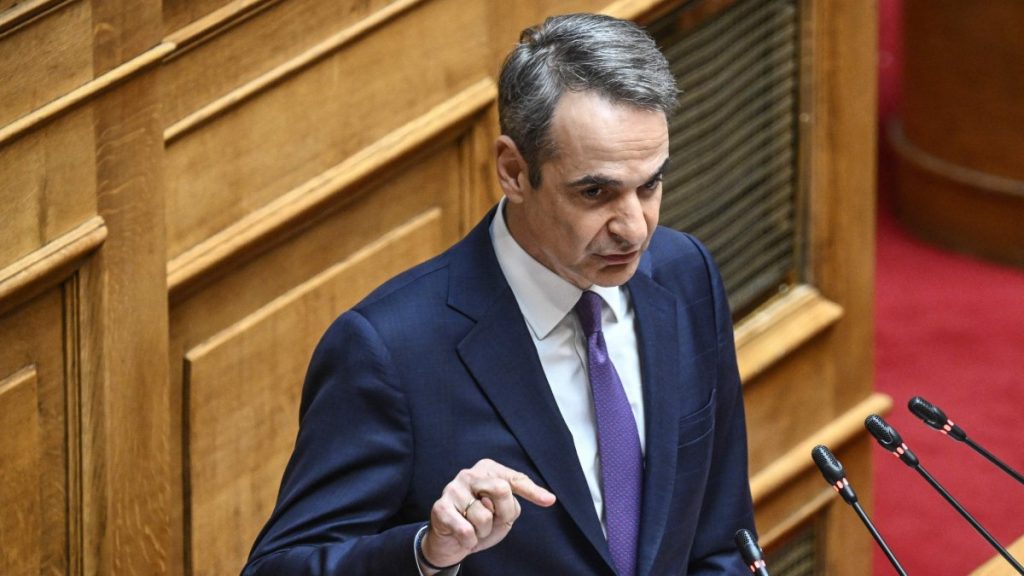Greek Prime Minister Kyriakos Mitsotakis on Wednesday said he would pursue an official visit to Türkiye despite the recent tensions between the two neighbors and the arrest of Istanbul Mayor Ekrem Imamoğlu.
The Greek leader was to visit Ankara this month under a schedule agreed on in 2023 to smooth over differences between the rival neighbors, who are NATO members.
The trip appeared to have been shelved after the Athens government last month said it was “difficult” to organize following the “worrying” arrest of Imamoğlu. Imamoğlu was detained on March 19 and formally arrested on March 23 on corruption charges. Between those dates and afterward, riots broke out across Türkiye as the mayor’s party sought to mobilize crowds to protest it.
Mitsotakis said Wednesday, however, that he would go ahead with a planned meeting with President Recep Tayyip Erdoğan. He did not say when it would happen.
“There is no issue or particular reason why this meeting should be postponed,” he told Proto Thema daily.
Mitsotakis added that he was “not trying to pick a fight with Türkiye” to burnish his domestic standing.
After a long period of tensions marked by disputes over irregular migration, the Cyprus dispute, energy exploration and territorial sovereignty in the Aegean, Türkiye and Greece have been taking confidence-building steps for a fragile normalization of their relations, which moved into a new chapter with Erdoğan’s landmark visit to Athens in 2023. During the visit, the sides announced a friendship declaration, visa facilitation for Turkish citizens for 10 Greek islands in the northern Aegean and the decreased flow of irregular migrants to Greece.
While officials on both sides have expressed commitment to maintaining the positive climate, the issues are longstanding and deep-rooted, and neither side expects the process to be without turbulence, particularly in the Aegean, where Turkish and Greek jets often scuffled until very recently.
Disputed plans
However, tensions rose again recently with Athens’ new move raising further disputes.
Greece last week released a marine spatial planning map, which Türkiye said violates its maritime jurisdiction in the Aegean Sea and the Eastern Mediterranean.
“We would like to remind of the need to avoid unilateral actions in enclosed or semi-enclosed seas such as in the Aegean and the Mediterranean,” Türkiye’s Foreign Ministry said in a statement, adding that, “International maritime law encourages cooperation between coastal states in the seas in question, including concerning environmental issues, and that in this context, our country is always ready to cooperate with Greece in the Aegean Sea.”
Greece’s Foreign Ministry, on the other side, said the Maritime Spatial Planning was separate from the delineation of the exclusive economic zone. Greece has agreements in place delineating its exclusive economic zones with Italy and with Egypt, but not with Türkiye.
Türkiye has also sought to impede an electricity cable project between Greece, Greek Cyprus and Israel called the Great Sea Interconnector (GSI).
Mitsotakis on Wednesday called the cable “a European project which will proceed in due course.”


